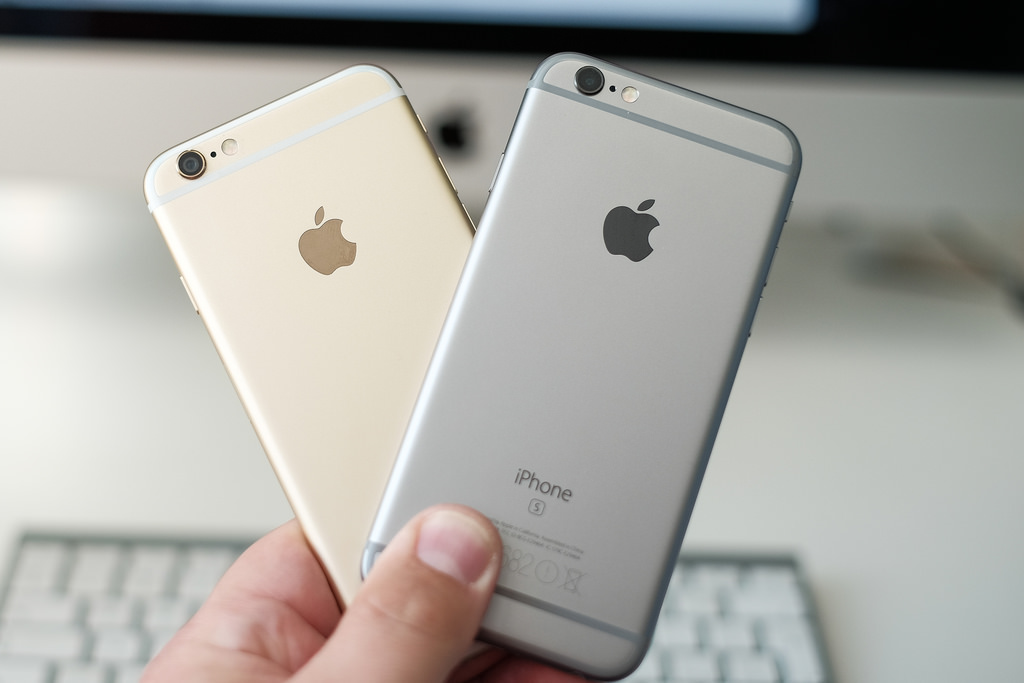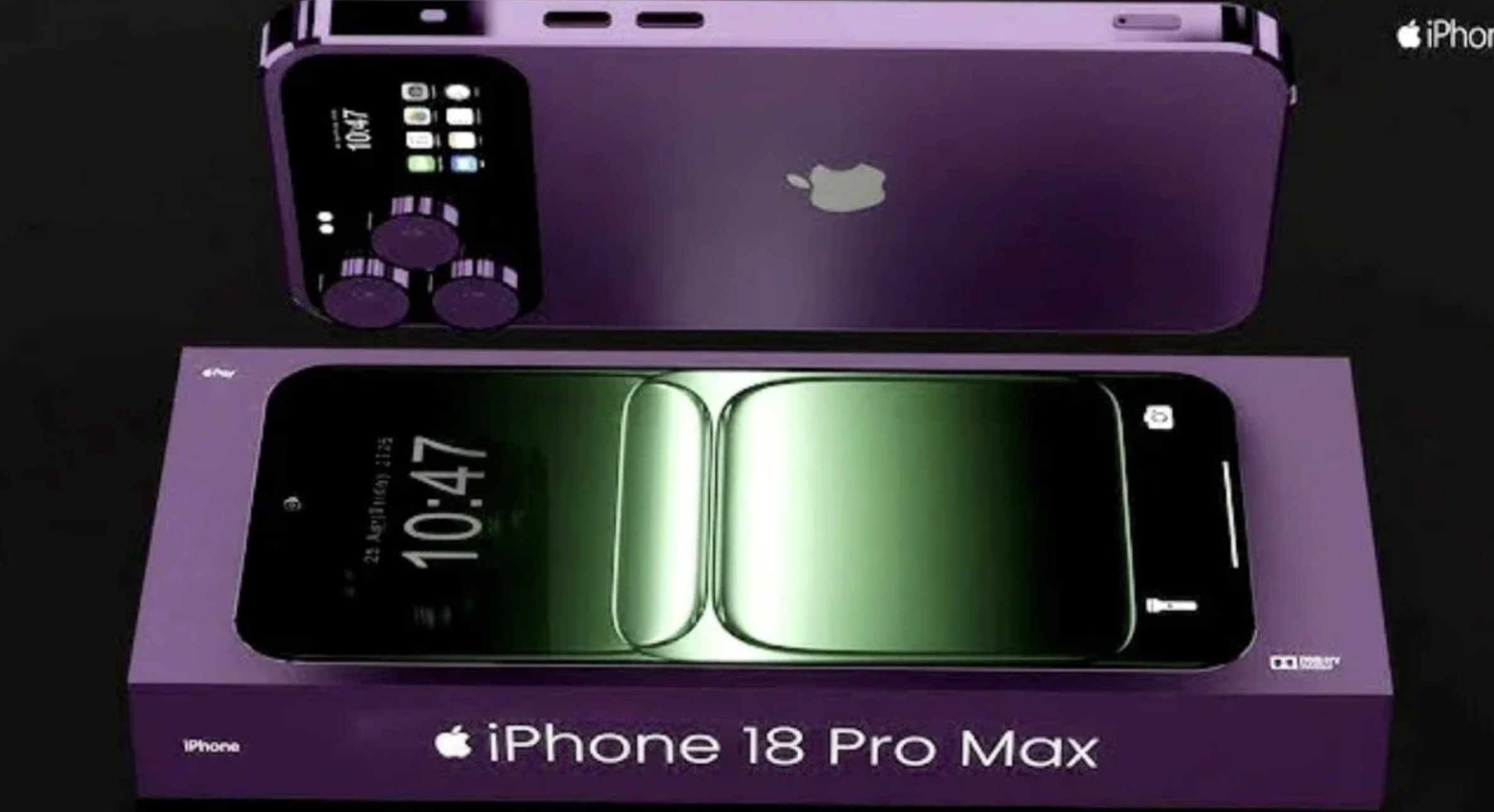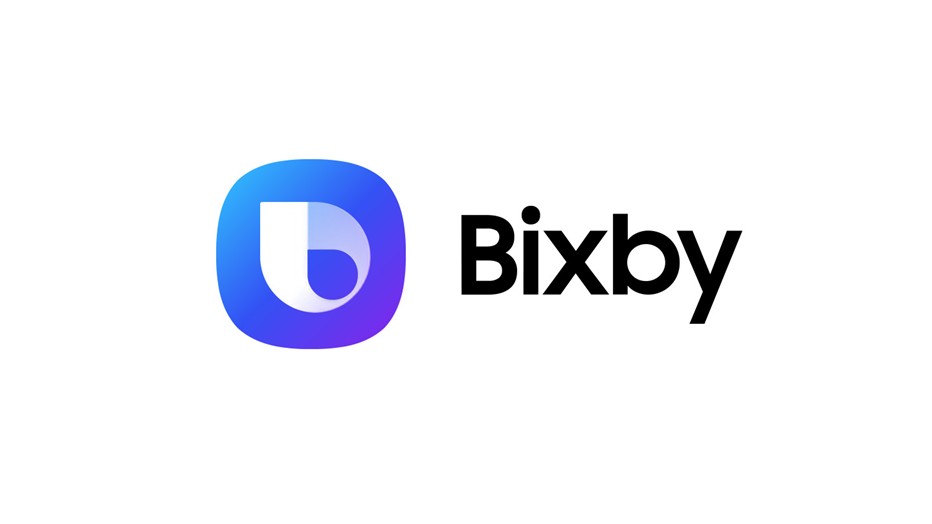Apple is set to initiate compensation for a specific group of iPhone users who had experienced a reduction in their devices’ performance, which had led to allegations of intentional slowdown.

This narrative originated half a decade ago when iPhone 6, iPhone 7, and iPhone SE users engaged in a dispute with the tech giant Apple, asserting that their phones were being deliberately hindered.
Apple To Pay Compensation to iPhone Users For Slowing Down iPhones
Although Apple acknowledged the intentional slowing down of devices, they clarified that their intentions were not malicious.
Unexpectedly, in 2020, Apple opted for resolution, agreeing to pay a significant sum of up to $500 million to evade a potentially costly legal confrontation, according to a Reuters report.
As a Silicon Valley source reported, a recent decision has granted Apple the ability to begin compensating dissatisfied individuals due to their iPhones’ deliberate deceleration.
Tyson Redenbarger, a legal advocate representing these iPhone users, estimates that each individual could receive approximately $65, equivalent to around Rs 5000 in Indian currency. This development suggests that the matter might finally be approaching its conclusion, as detailed on SiliconValley.com.
Why Did Apple Slow Down Older iPhones?
In 2016, Apple admitted to intentionally reducing the speed of older iPhones, asserting that this was done to prevent abrupt shutdowns rather than out of ill intent. Apple presented its explanation in a persuasive manner, justifying its actions like an eloquent speaker.
Nevertheless, not all were convinced by this explanation. Certain iPhone owners remained unsatisfied and united their efforts, forming a class-action lawsuit against the influential tech giant in 2018. The list of affected iPhone models includes:
– iPhone 6
– iPhone 6 Plus
– iPhone 6s
– iPhone 6s Plus
– iPhone SE
– iPhone 7
– iPhone 7 Plus
Legal conflicts arose between Apple and the legal sphere. Initially, Apple asserted its innocence, but in 2020, it altered its stance and aimed to address the issue. They agreed to provide compensation, ranging from $310 million to $500 million. Initially, those who raised complaints may have been offered $25 each. However, two iPhone owners sought more significant compensation and rejected the initial proposal. This week, they were informed that their request for higher compensation was denied, paving the way for Apple to pay disgruntled iPhone users.












